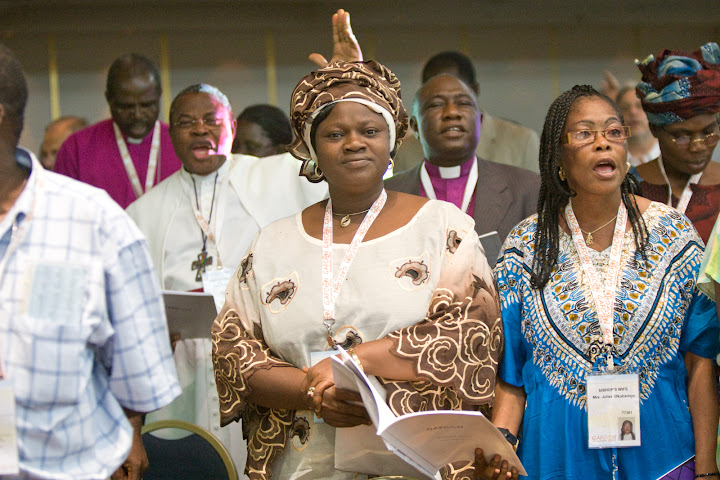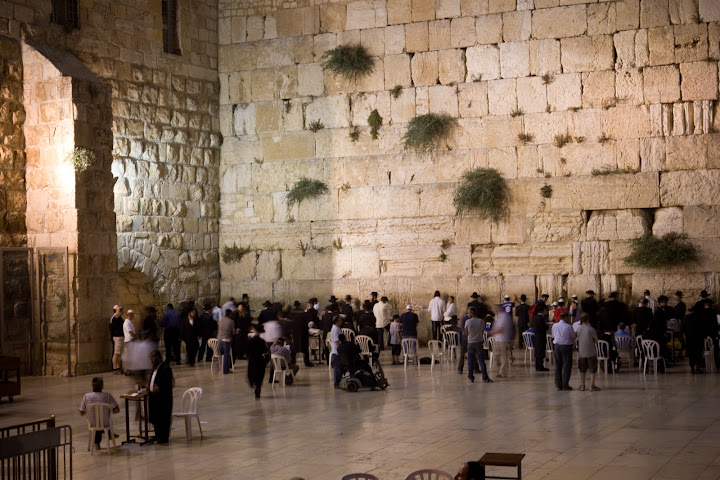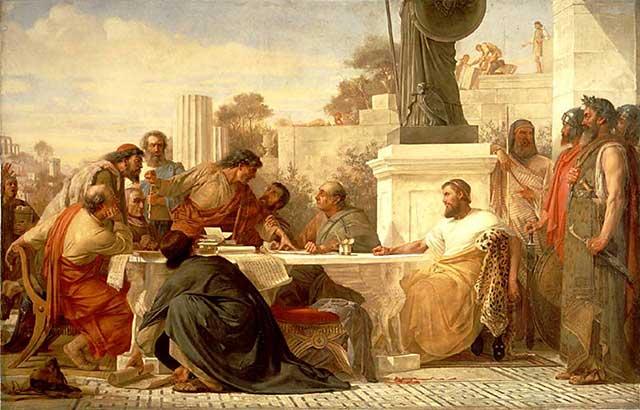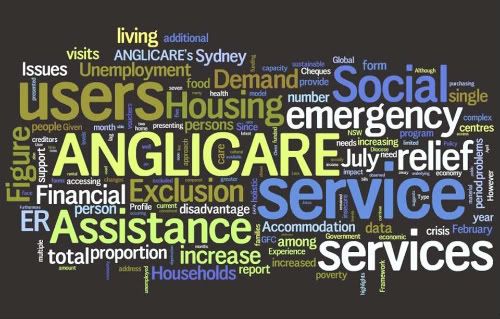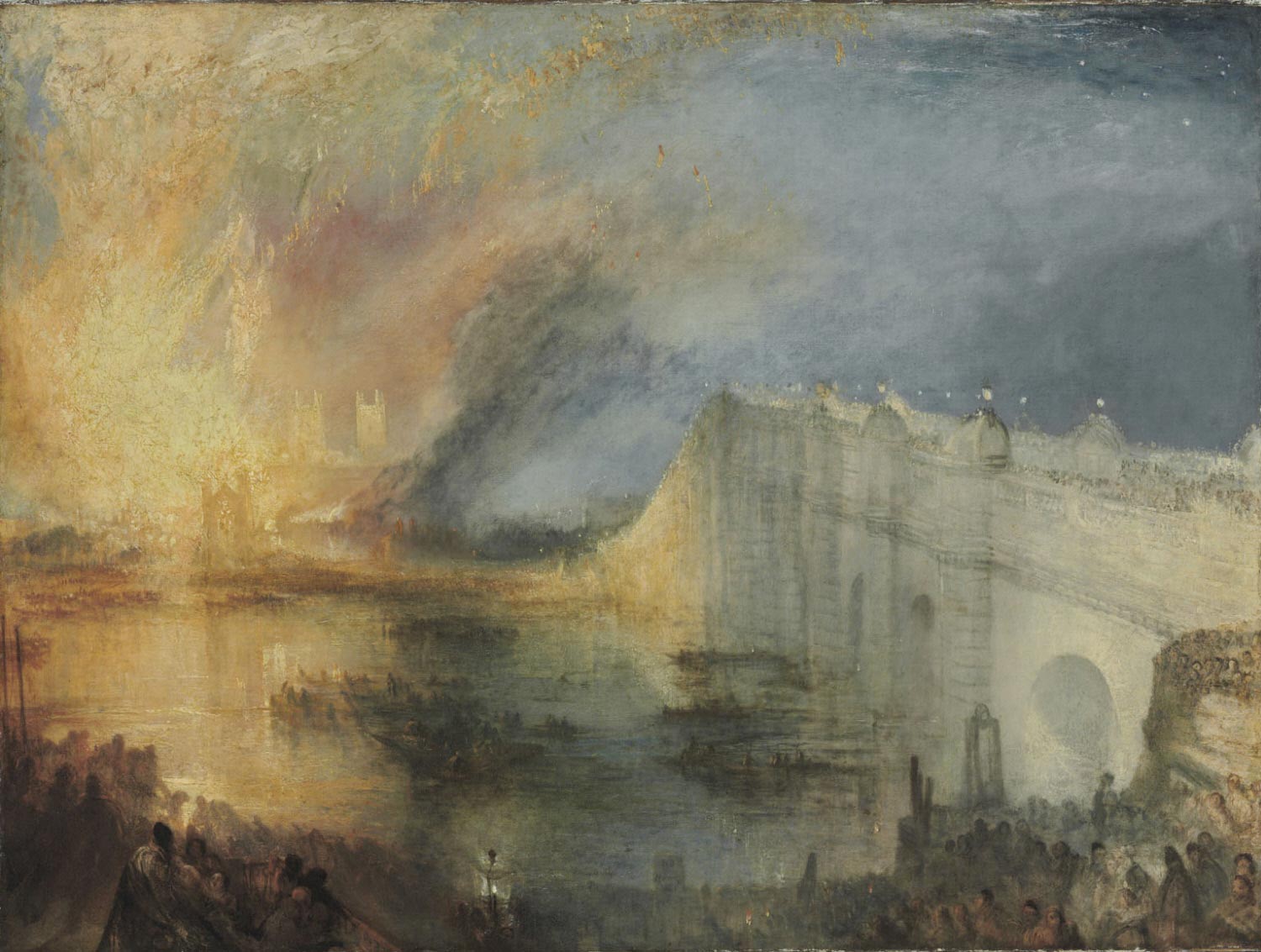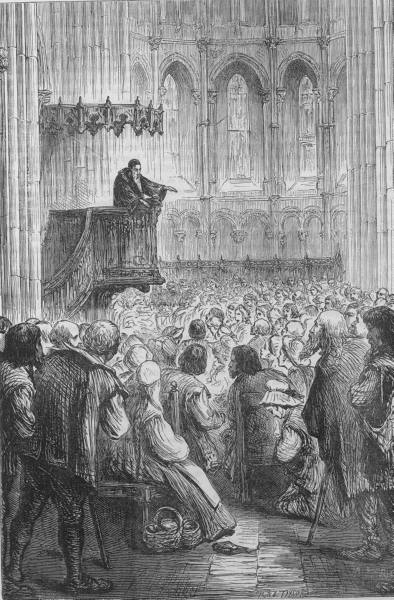
Has a denomination ever had as much trouble understanding it's identity as the Anglican church has? Every few months there seems to be a new book released either articulating what Anglicanism looks like (i.e. Tom Frame, Bruce Kaye), or commenting on the current crisis in the Anglican Communion (i.e. Oliver O'Donovan). One only needs to briefly scan one of the many blogs searching for an Anglican identity (such as
hebel; also
this and
this) to see how widespread the quest is.
At the centre of the current crisis in the Anglican Communion is a question of scripture and authority. But what is at stake are opposing visions of what the Anglican Church should look like. The crisis, which has rages for several decades now (the main crisis
vis-a-vis scripture and authority has stayed the same even the issues have changed, i.e. woman's ordination, homosexuality), can be interpreted as one front of the cultural wars that have raged since at least the end of the second world war. However, I want to suggest that there are several other reasons operating here.
Anglican identity has
historically been in flux. Whilst there has always been a solid evangelical (reformed, protestant) core that has sought to define Anglicanism by the Articles of Religion, The Book of Common Prayer and Ordinals, and the Homilies (the Anglican Church League in Sydney was founded a century ago to persevere these things), there have always been other "factions" (i.e. Anglo-Catholics) that have nuanced the Anglican identity. The Tudor and Stuart periods are the classic example of this, where Anglican identity would vary according to how sat on the throne of England. The emergence of liberalism from the 18th Century has only increased the divergence of and competition for Anglican identity. The variegated historical experiences of Anglicanism since the 16th century continue to challenge our assumptions of Anglicanism today.
Naturally, related to this is the
theological breadth of Anglicanism. It is often said that the genius (and frustration) of Anglicanism is that is both catholic and protestant, it holds the middle ground. But the challenge of walking the tight-rope of the via media is not to sway too far to one side or the other. Even then we have to realize that neither side is a homogeneous unit (i.e. the variances amongst contemporary Anglican evangelicals). "Anglican theology" has always had a polemic streak to it.
The Chicago-Lambeth Quadrilateral (a founding document for the formation of the Anglican Communion) aimed at restoring unity with other churches with the episcopacy (Roman Catholics, Eastern Orthodoxy), whilst providing a stumbling block for protestant churches with other forms of church government. The polemics in Anglican theology have become more and more pointed in the past 50 years: Evangelicals v Anglo-Catholics v Liberals (v Charismatics?). The spread of Anglicanism through
mission has changed the face of Anglicanism forever. The Church of England may still be established in England and considered by some to be the "mother church" (with the Primate of All England being the symbolic head of Anglicanism worldwide). The American and Canadian Episcopal Churches may still be the wealthiest churches in the communion. But the spread of the gospel on the coat tails of the British Empire through mission agencies such as CMS has resulted in Africa, Asia and Latin America having the largest populations of Anglicans in the world. Although the traditional realms of Anglicanism (England and North America) are still quite influential, but Anglicanism today is being the defined by the churches in the Global South. As you may know, the churches of the Global South are closer to what I have described central core of Anglicanism (protestant, reformed, evangelical and catholic) than the Anglican Church in North America.
These three factors, history, theology and mission, have not caused the crisis in identify. But they are crucial in understanding the struggle to define Anglicanism. Already we are seeing some answers to question of scripture and authority. One proposal is to strengthen the organisational structures of the Anglican world, particularly the
instruments of communion. At this stage the success of this approach seems quite unlikely. I feel as though to define Anglicanism structurally is to miss the point. The past century has provided several examples of valid forms of Anglicanism that are out of step with the

communion (i.e. The Church of England in South Africa).
Long gone are the days when you could walk into any Anglican Church in world and roughly understand what was happening. But the end of a common liturgy etc. does not spell the end of Anglicanism.I am not a prophet nor the son of prophet, but the future of Anglicanism would appear to lie with
GAFCON. This is a difficult process. It is also tremendously exciting as it offers a reinvigorated Anglican identity that is built on the central core of Anglicanism I have previously identified (protestant, reformed, evangelical and catholic) that is also truly global. It is an expression of church that will, Lord willing, continue to proclaim his life, death and resurrection until he returns.
Photos from the GAFCON website.
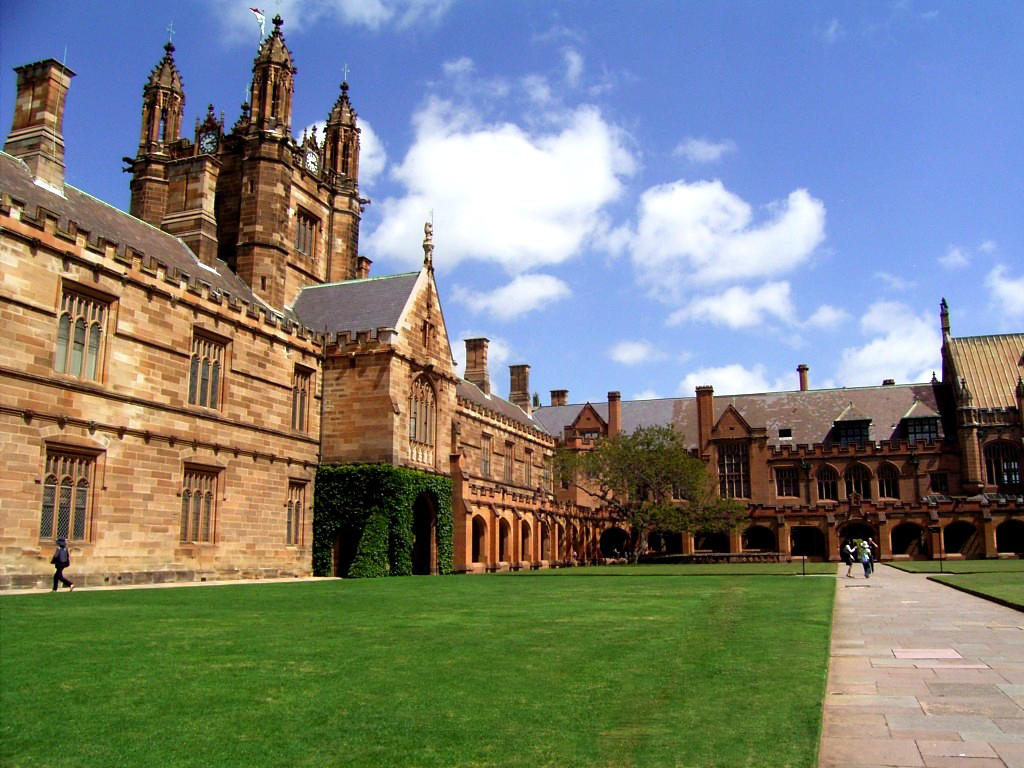 The Stars Change...
The Stars Change... In 2010 I'll begin a two-year ministry traineship (the Howard Guiness Project) through the EU Grads Fund in partnership with the Sydney University Evangelical Union (SUEU or EU). The EU is made up of between 600-1000 Christian students. 2010 will be their 80th anniversary of proclaiming Jesus as Lord to the campus and growing Christians in their faith and devotion to Jesus. I'll be working with students in Agricultural and Veterinary Science (the AgVet faculty), and also with postgraduate students from several different faculties across the university. I'll also receive training which, Lord willing, God will use for his purposes for many years to come.
In 2010 I'll begin a two-year ministry traineship (the Howard Guiness Project) through the EU Grads Fund in partnership with the Sydney University Evangelical Union (SUEU or EU). The EU is made up of between 600-1000 Christian students. 2010 will be their 80th anniversary of proclaiming Jesus as Lord to the campus and growing Christians in their faith and devotion to Jesus. I'll be working with students in Agricultural and Veterinary Science (the AgVet faculty), and also with postgraduate students from several different faculties across the university. I'll also receive training which, Lord willing, God will use for his purposes for many years to come. After three years of working at CMS and being exposed to the ministry of CMS missionaries around the world, I'm totally convinced of the truth of what Malik says. Part of what excites me about the next two years is the vision of the EU Grads Fund: "To flood God's church in Sydney, Australia and beyond with lay and vocational Christian leaders who are biblically and theologically mature, servant hearted, and innovative ministry strategists." Furthermore, in several years Alison and I would, Lord willing, like to serve overseas in student ministry. So we see 2010 and 2011 as a really important time for me to learn and be trained and have my mind more and more transformed into the image of Christ.
After three years of working at CMS and being exposed to the ministry of CMS missionaries around the world, I'm totally convinced of the truth of what Malik says. Part of what excites me about the next two years is the vision of the EU Grads Fund: "To flood God's church in Sydney, Australia and beyond with lay and vocational Christian leaders who are biblically and theologically mature, servant hearted, and innovative ministry strategists." Furthermore, in several years Alison and I would, Lord willing, like to serve overseas in student ministry. So we see 2010 and 2011 as a really important time for me to learn and be trained and have my mind more and more transformed into the image of Christ.